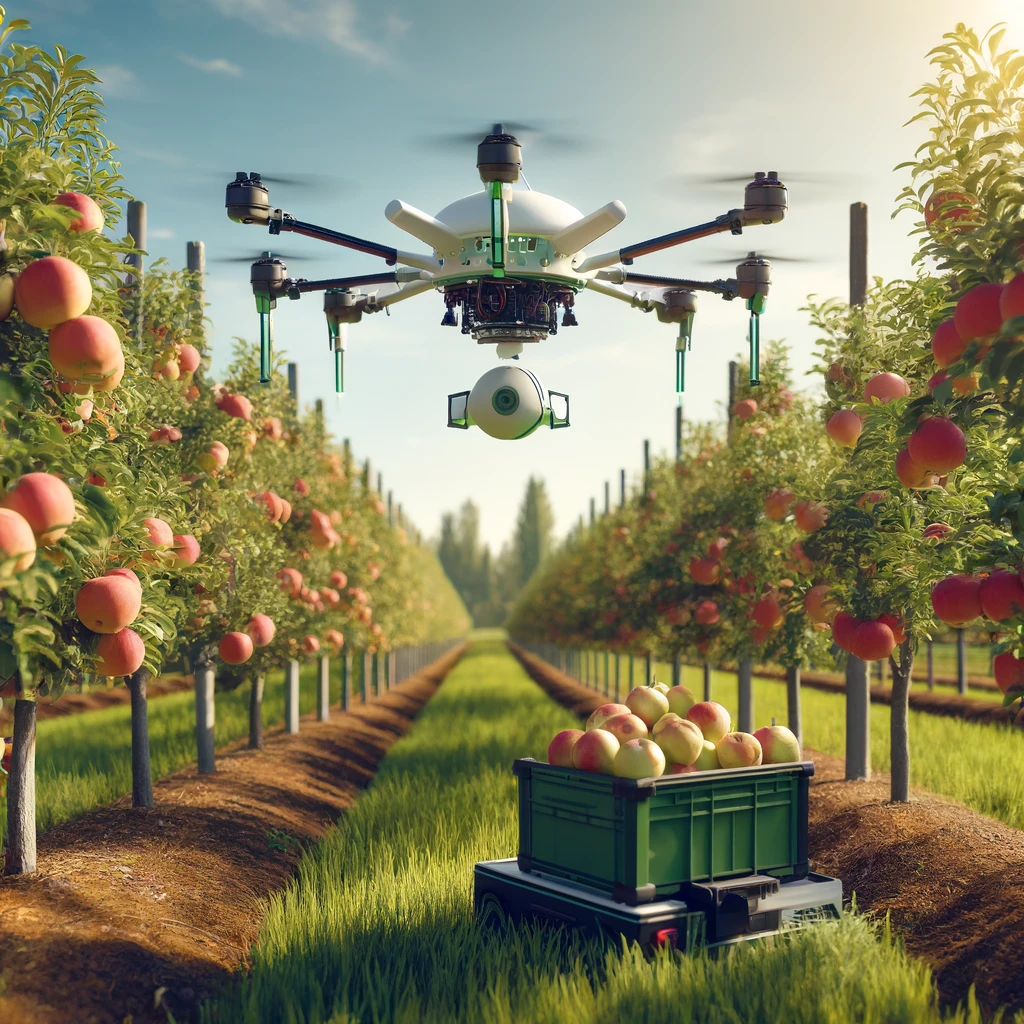South Africa Resumes Apple Exports to Thailand After 16-Year Hiatus
The suspension, which lasted from January 2008 to December 2024, was due to Thailand’s evolving import regulations that required extensive negotiations between both nations.

- Country:
- South Africa
South Africa is set to resume fresh apple exports to the Kingdom of Thailand, marking a significant milestone for the country’s agricultural and trade sectors. Agriculture Minister John Steenhuisen announced the reopening of the Thai market on Tuesday after nearly 16 years of closure.
The suspension, which lasted from January 2008 to December 2024, was due to Thailand’s evolving import regulations that required extensive negotiations between both nations. The successful re-entry into the Thai market is expected to boost South Africa’s agricultural economy, increase employment opportunities, and enhance trade relations with Thailand.
Economic Impact and Industry Growth
Steenhuisen emphasized the economic importance of apples as one of South Africa’s most valuable deciduous fruits. The industry plays a crucial role in generating foreign exchange and creating employment.
“The South African apple industry is highly export-driven, with approximately 50% of production being absorbed by international markets. The reopening of the Thai market presents an immense opportunity for economic growth, job creation, and trade expansion,” Steenhuisen stated.
According to industry body Hortgro, South African apple exports have surged by 40% over the past decade, driven primarily by increased demand in the Far East and Asia. The region now accounts for approximately 35% of all South African apple exports.
In 2023, the apple industry provided employment for 32,397 farm workers, with over 129,590 dependants benefiting from the sector. The reopening of the Thai market is anticipated to stimulate further employment growth, particularly in fruit production, agro-processing, logistics, and packaging industries.
Thailand’s Import Requirements for South African Apples
To ensure compliance with Thailand’s phytosanitary standards, South African apple exporters must adhere to strict agricultural and quality control measures:
-
Orchard and Packhouse Registration:
- All commercial orchards, packhouses, and export facilities must be registered and approved by the Department of Agriculture, Land Reform and Rural Development (DALRRD).
-
Integrated Pest Management (IPM) and Sanitation:
- Orchards must implement rigorous pest control and integrated pest management practices to mitigate the risk of quarantine pests and diseases.
- Strict sanitation measures must be upheld throughout the production and packaging processes.
-
Phytosanitary Certification:
- Apples must meet Thailand’s phytosanitary import conditions, ensuring they are free from pests and diseases of concern.
-
Compliance with Thailand’s Agricultural Regulations:
- Regular inspections and monitoring will be conducted to verify adherence to the new import standards.
Government and Industry Collaboration
Minister Steenhuisen commended the collaborative efforts between the South African government, Hortgro, and Thai agricultural authorities in securing the trade agreement. He emphasized that this development underscores the nation’s commitment to strengthening international trade relations and boosting agricultural exports.
“Increased apple production to meet the demands of the Thai market will translate into more jobs, particularly in labor-intensive agricultural sectors. It will also provide opportunities in agro-processing, logistics, and packaging, all of which contribute to economic growth,” he added.
The final phytosanitary import conditions for South African apple exports to Thailand have been officially published and are accessible on the DALRRD website: DALRRD Import Requirements.
With this milestone achievement, South Africa is poised to expand its global agricultural footprint and strengthen its position as a leading apple exporter in Asia.
- READ MORE ON:
- Thailand
- John Steenhuisen










